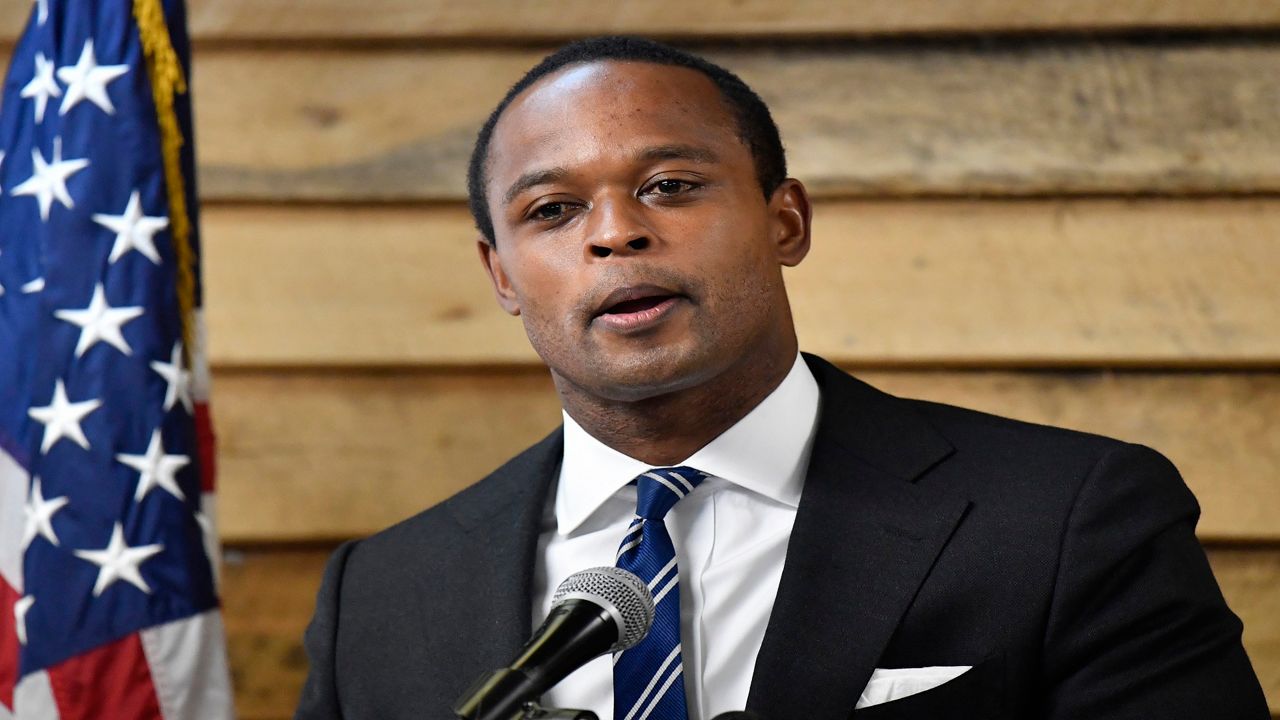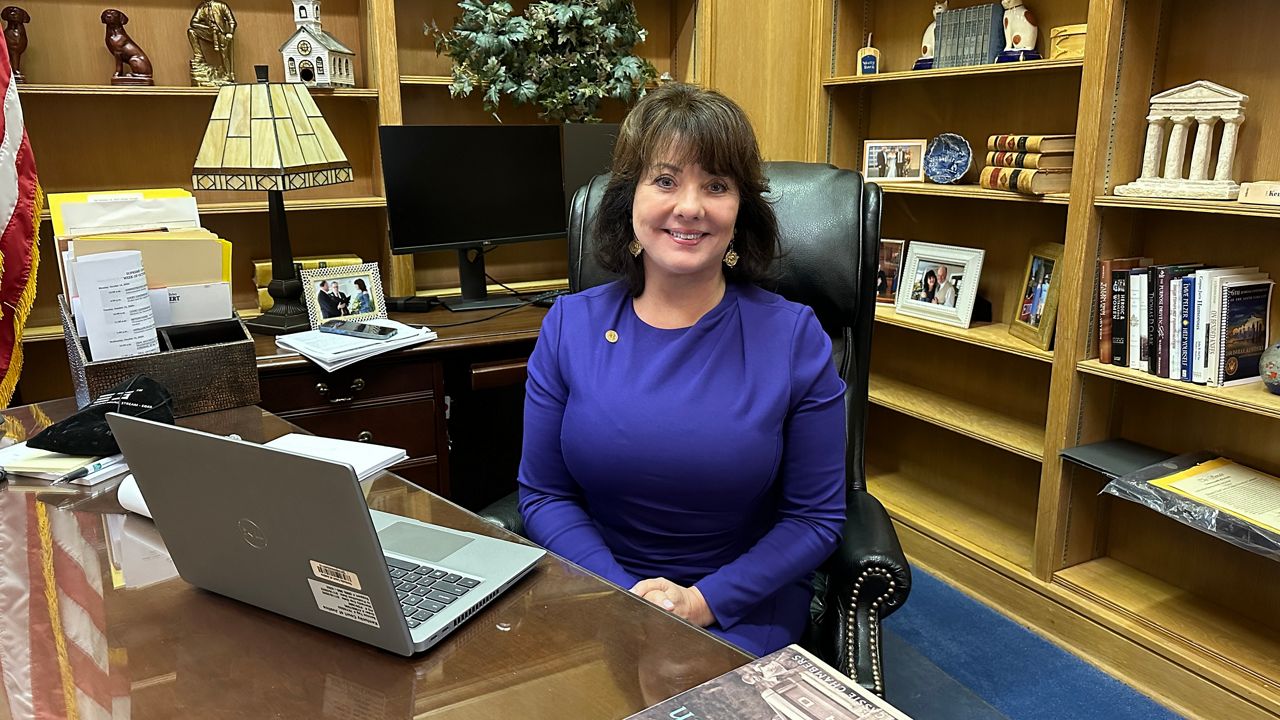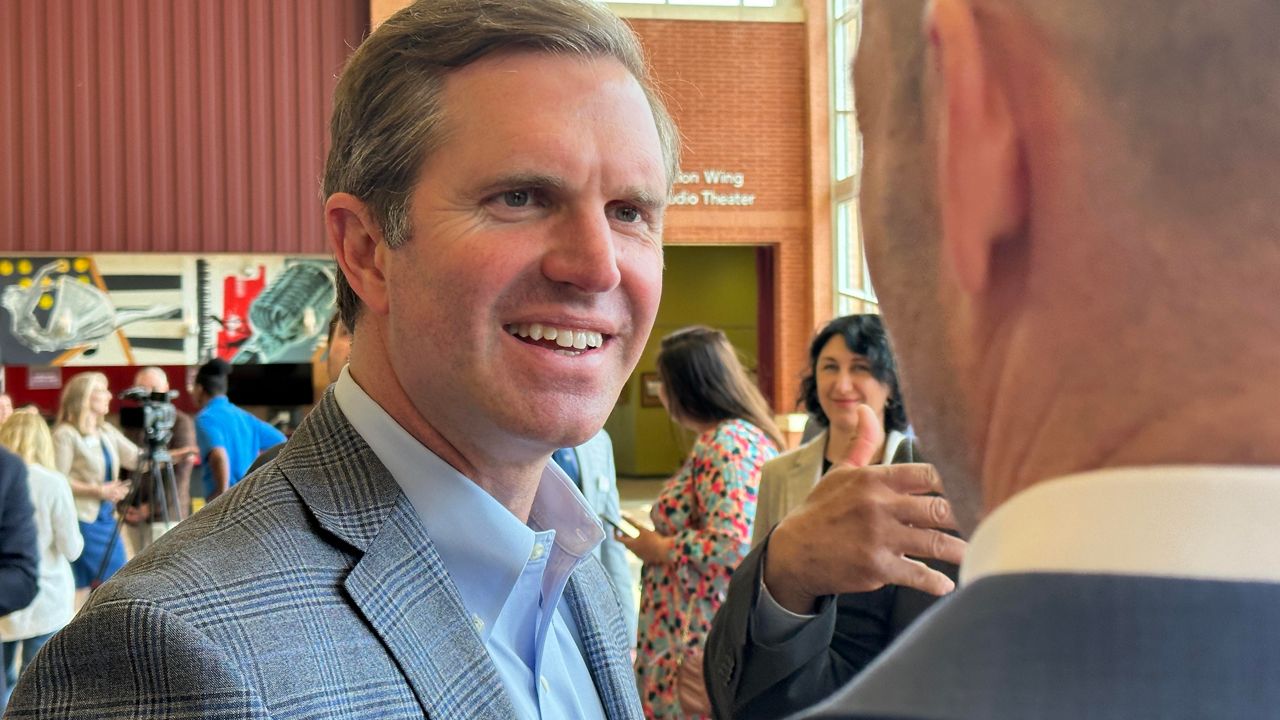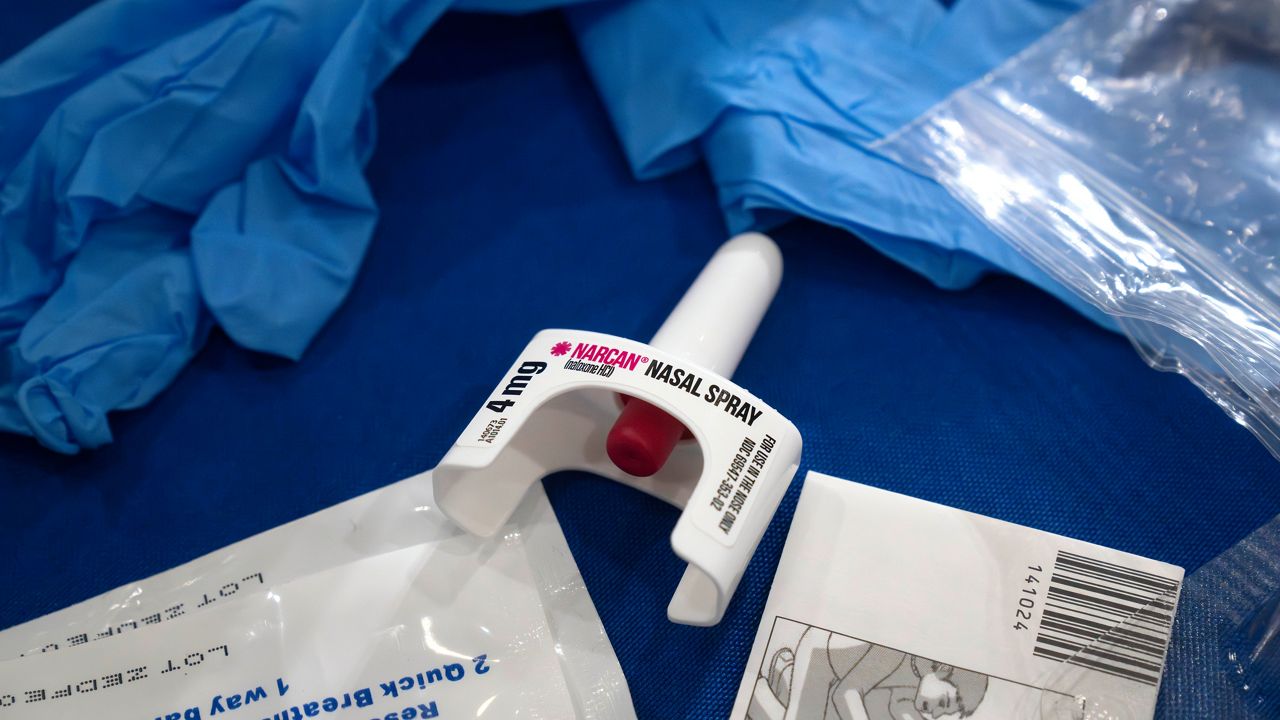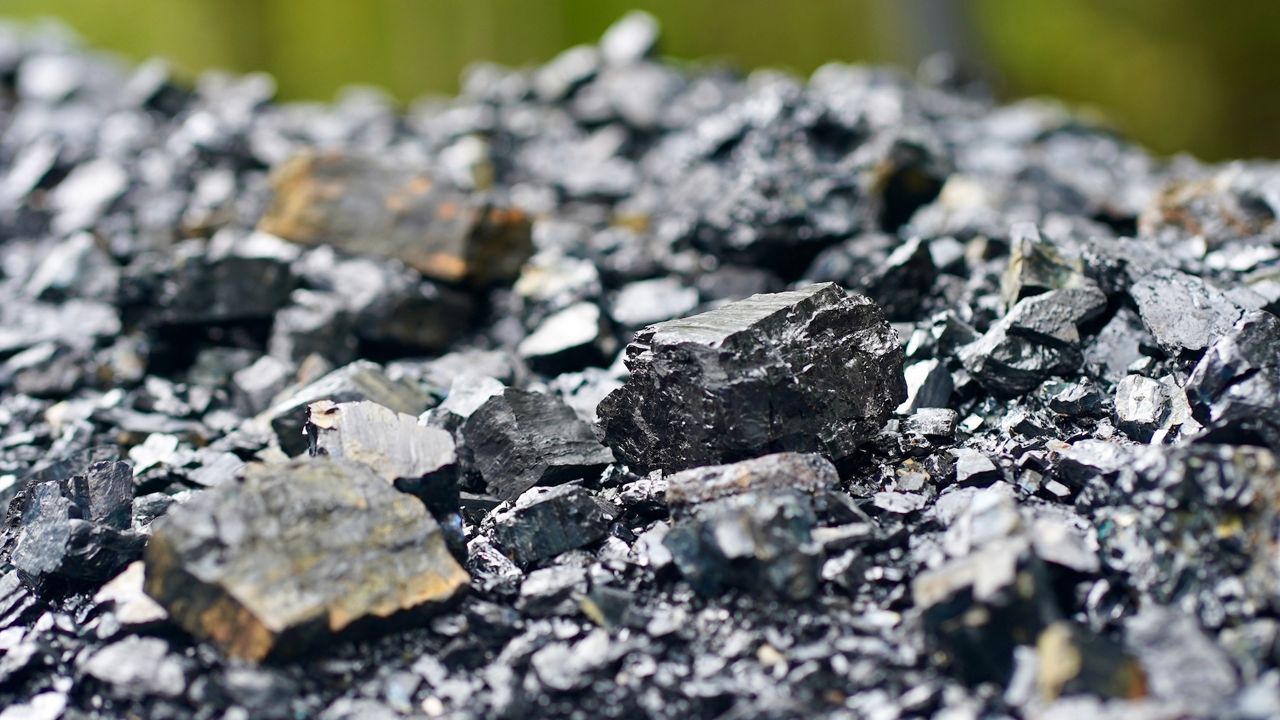LOUISVILLE, Ky. — Attorney General Daniel Cameron has asked a court to keep an anonymous grand juror who heard evidence in the Breonna Taylor investigation from speaking publicly about the proceedings.
“As I’ve stated prior, I have no concerns with a grand juror sharing their thoughts or opinions about me and my office’s involvement in the matter involving the death of Ms. Breonna Taylor,” Cameron said in a statement. “However, I have concerns with a grand juror seeking to make anonymous and unlimited disclosures about the grand jury proceedings."
Cameron's motion comes in response to an anonymous grand juror asking the court for clarification on his or her ability to speak publicly about the case. That was followed over the weekend by a second grand juror expressing interest in speaking out.
The requests from the grand jurors are rare and grand jury proceedings are kept secret for a reason, said Professor Ken Katkin of the Chase College of Law at Northern Kentucky University. But the circumstances of this case render most of those reasons irrelevant, he said, adding: “If I were the judge I would grant permission to the grand jurors.”
That decision is currently with the courts and the next hearing in the matter is scheduled for Thursday afternoon.
Cameron has faced criticism in the aftermath of the grand jury’s decision to indict only one of the officers — former LMPD Detective Brett Hankison — involved in Taylor’s killing. His decision to not recommend charges against the other two officers — Detective Myles Cosgrove and Sgt. Jonathan Mattingly — has drawn widespread condemnation from activists and attorneys for Taylor’s family. But Cameron has said that his recommendation was only that, and grand jurors could have charged whomever they chose.
Experts, however, say grand juries typically go where prosecutors lead them. And the grand juror who filed the court motion seeking permission to speak has also taken issue with Cameron’s characterization, saying in the motion that he is “using the grand jurors as a shield to deflect accountability and responsibility.” It goes on: “The public interest spreads across the entire Commonwealth when the highest law-enforcement official fails to answer questions and instead refers to the grand jury making the decisions.”
Katkin used the same term — the “public interest” — when describing when a judge might allow a grand juror to speak out. “The grand jurors should not say anything publicly about anything that happened in the grand jury, unless they ask the judge for permission,” he said. “But the judge can give permission if the public interest favors it.”
The Supreme Court has identified four reasons grand jury proceedings should remain secret: to encourage witnesses to speak freely, to protect witnesses from retribution, to prevent the person being indicted from fleeing, and to protect innocent people who may be grand jury targets but are never indicted. With the exception of protecting the confidentiality of some witness testimony, Katkin said those reasons don’t apply to the Taylor case.
Cameron's statement citied these reasons. "The grand jury process is secretive for a reason, to protect the safety and anonymity of all the grand jurors, witnesses, and innocent persons involved in the proceedings," he said. "Allowing this disclosure would irreversibly alter Kentucky’s legal system by making it difficult for prosecutors and the public to have confidence in the secrecy of the grand jury process going forward.”
But Katkin said if a grand juror felt they did not receive all available information to make their decision, they should be allowed to speak about it. “I think it’s very much in the public interest that they should speak out and say that the right information wasn’t presented to them and they might have come down with a different judgment if it had been,” he said.
Regarding Cameron’s recommendation to the grand jury, which were not included in the 15 hours of recordings made public last Friday, Katkin said it should be released.
“I don’t see a great reason that the prosecutors should be able to keep anything secret about what their recommendations were,” he said. “The prosecutors are elected officials. They should be accountable to the public.”
While it’s true that grand jurors rarely request permission to speak out about the secretive proceedings, it has happened before. In 2015, a member of the grand jury that failed to indict Ferguson, Missouri police officer Darren Wilson for the killing of 18-year-old Michael Brown sued for the right to speak out. This summer, more than five years after the suit was filed, a federal court denied the request.






